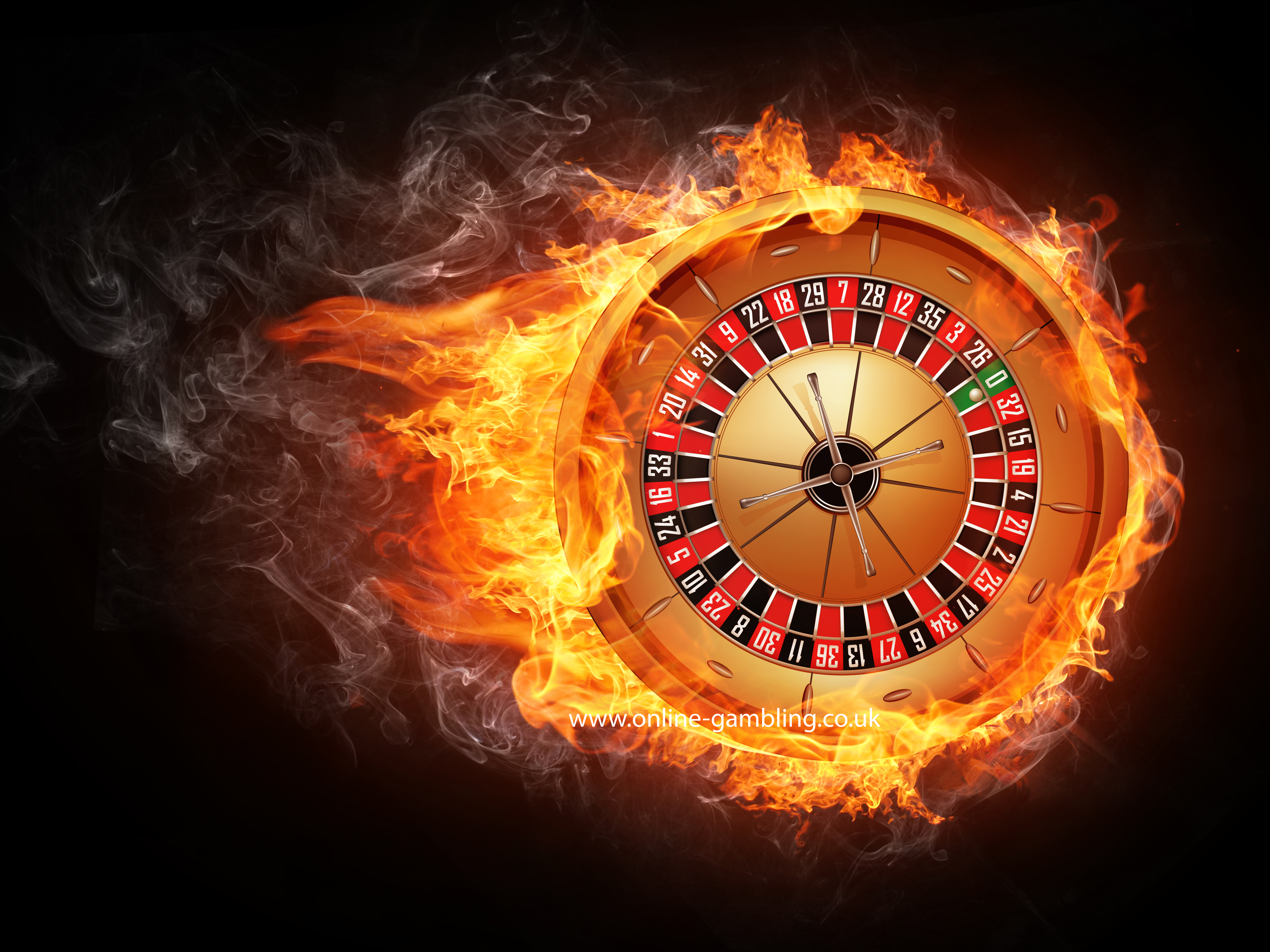
When we think of casino games, the initial images that often come to mind are those of rotating wheel devices, card chips clattering on fabric surfaces, and dice rolling across a betting area. While many consider these games as mere pastimes fueled by luck, a more profound exploration reveals a fascinating blend of strategy, expertise, and community engagement that raises them well beyond basic luck. King88 COM Regardless of whether you are a experienced player or a inquisitive newcomer, grasping the nuances of these games can significantly enhance your enjoyment and appreciation.
Casino games have evolved over hundreds of years, with various cultures contributing to their diverse histories and different forms. From the intricate tactics of blackjack to the deception methods in card games, players engage in a contest of intellect as much as a risk on numbers. This dynamic interplay between luck and skill creates a thrilling atmosphere that draws millions to gambling establishments worldwide. As we delve into the realm of table games, we will reveal the methods that can tilt the odds in your favor and the community aspects that make these games a favored choice for leisure and engagement.
A Strategy Behind Casino Games
Table games often combine a blend of ability and luck, which makes them fascinating for players who enjoy a challenge. Each title has its unique set of rules and strategies that can influence the outcome. For example, in titles like blackjack, participants are obliged to use strategies like card counting and grasping the odds to make informed decisions. This skill set can significantly improve their victory potential, differentiating seasoned players from novices who may depend entirely on chance.
Conversely, games such as the roulette may appear to be purely based on chance, but strategic thinking can also play into play. Participants can choose between various wagering tactics, such as the Martingale strategy, where they increase the bets after losses. This approach can create a more controlled approach to the activity. Understanding the odds of specific wagers can also help players make better decisions on the table, showcasing that even games of chance, tactics can enhance the enjoyment.
Furthermore, poker is notable as a game that heavily emphasizes tactics. In contrast to most casino titles, the game of poker merges skill, psychology, and chance. Players must not only focus on the hands they are given but also consider their opponents actions and wagering patterns. Mastering principles like table position, pot odds, and reading bluffs is crucial for success. This complexity of tactics in the game of poker often leads to a more engaging experience for participants, where the decisions and skills greatly affect the match’s outcome.
Grasping Likelihood and Odds
In the realm of gambling matches, probability and odds play a critical role in determining a player’s potential results. Every match has its own set of guidelines that dictate how the chance of winning or failing is calculated. For instance, in matches like 21, players have a opportunity to affect their ratios through planning, whereas in games like roulette, the results are purely dictated by chance. Comprehending how these probabilities are measured can substantially impact how a gambler deals with the game.
Ratios are typically shown in two forms: ratio and decimal. Fractional odds show the ratio of the sum gained to the sum staked, whereas numeric odds show the overall payout for a winning bet, which includes the initial bet. King88a.org For instance, if a match has odds of 5 to 1, this implies that for every one dollar staked, a player could gain five units if successful. Knowing how to understand these odds allows gamblers to evaluate their potential earnings and formulate more wise decisions during play.
Gamblers should also be conscious of the house edge, which is the casino’s built-in advantage over the gamblers. Each match has a different house edge, and grasping this concept is essential for controlling one’s expectations and budget. Games with a reduced house edge, such as blackjack and chemin de fer, typically offer superior odds for gamblers compared to games like slot machines and keno. By acknowledging the connection between chance, odds, and the casino advantage, gamblers can improve their gaming experience and strategize more efficiently.
The Social Aspect of Casino Table Games
Table games at casinos are often seen as a hub of community engagement, bringing players together in a collective experience that extends far beyond the mere act of gambling. The atmosphere at a poker table can be electric, with players engaging not only with the game itself but also with one another. Laughter, excitement, and, sometimes, playful teasing create connections that improve the overall enjoyment of the gaming experience. This communal aspect can turn a solitary endeavor into a dynamic social event, making casino games particularly appealing.
One of the fascinating elements of table gaming is the way it cultivates camaraderie among players. Whether it’s teaming up to beat the dealer at a dice table or exchanging tales between hands in a card game, the environment encourages interaction. Players often share tips or strategies, creating a sense of togetherness that boosts the fun. This interpersonal atmosphere can make new gamblers feel welcomed and less daunted by the competitive nature of gaming. As the game progresses, friendships may form, leading to a sense of belonging that keeps participants coming back to the table.
Moreover, the social aspect of table gaming extends beyond just the players. Dealers play a crucial role in encouraging interaction and maintaining the flow of the game. Their ability to engage gamblers with friendly conversation and their expertise in running the table can create an welcoming atmosphere. This connection between participants and staff adds another layer of enjoyment, where gamblers feel connected not only to each other but also to the staff. Such interactions are often what make the experience unforgettable, as players leave with stories to tell and relationships made, reinforcing the notion that table games are truly about more than just chance.